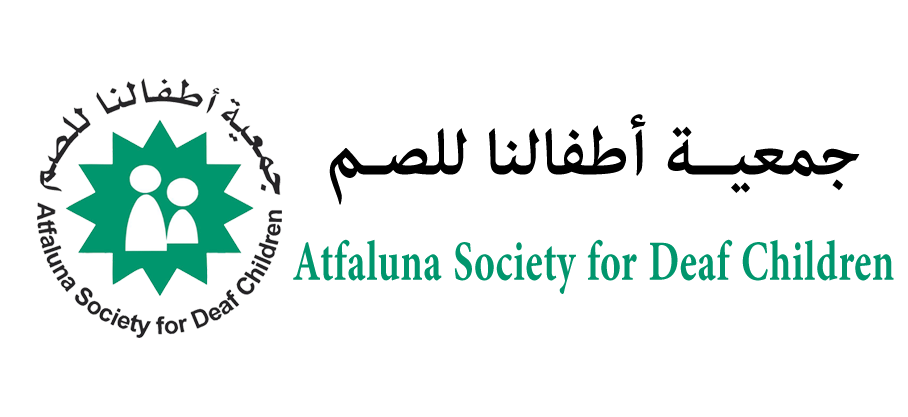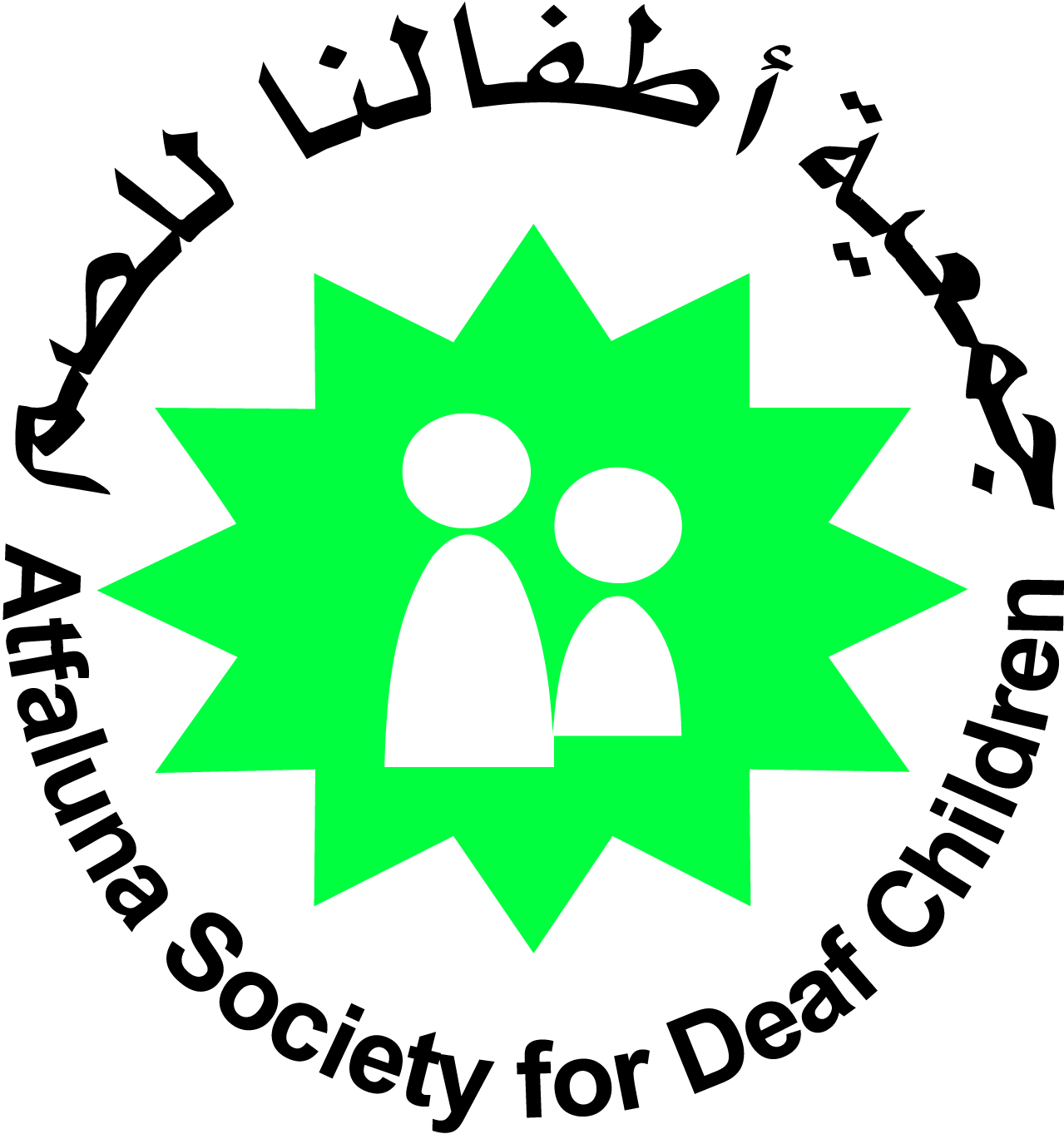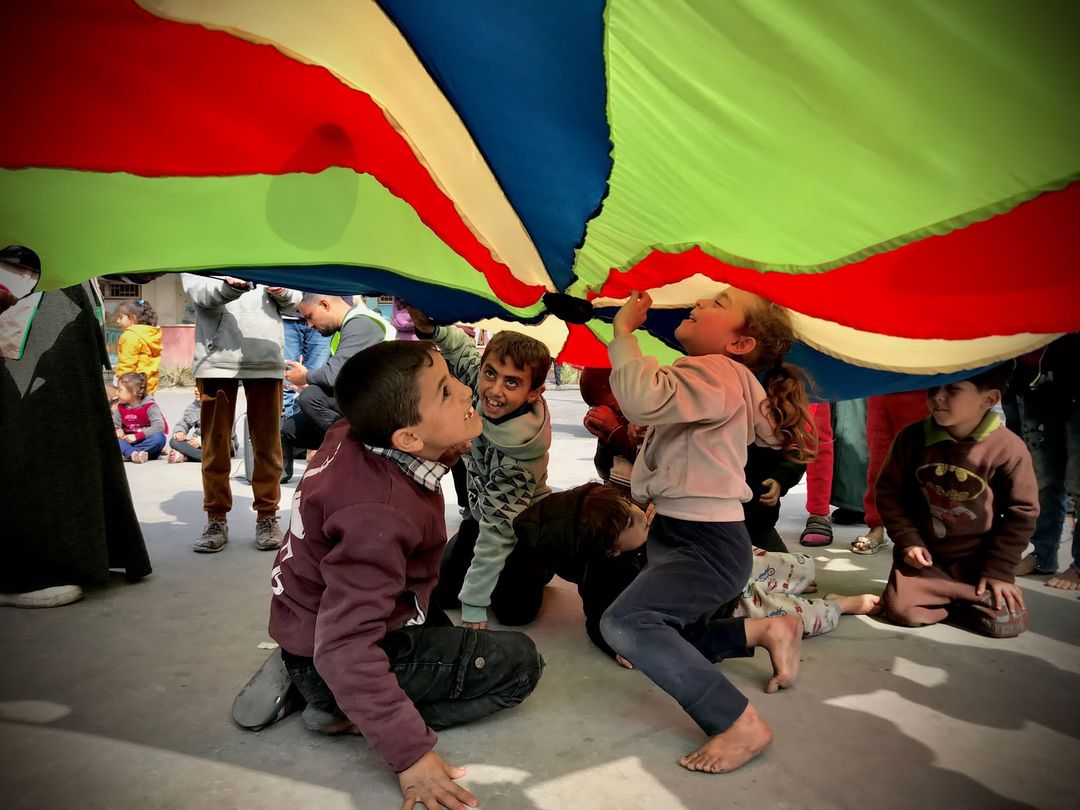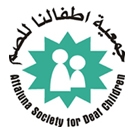Early Intervention
The early intervention program consists of a group of educational, rehabilitative, protective services offered to children with and without disabilities in need of extra developmental and educational assistance and is linked to early identification of problems or disabilities among young children.
The program is considered the foundation for other educational programs since it trains and rehabilitates the children socially, educationally and prepares them for formal education.
Home-Based Educational Sessions
The home-based educational sessions are implemented as part of the early intervention services. Both mother and child receive training through a series of intensive activities which focus mainly on the mother who is guided through communication development enabling her to become the primary educator for her child with hearing disability at home. The program targets children from newborns to five years old. Once they reach the age of five the child is enrolled in pre-school where the child begins the formal education system.
The early intervention program is implemented in all four geographical areas of the Gaza Strip and serves approximately 100 children annually. The program works to guide and assist families of newly diagnosed children with hearing disabilities during the early critical days through individually implemented plans and includes social guidance, counselling and home visits to the families. Parents are also enrolled in early intervention, communication, and sign language training in addition to awareness workshops for family members in various fields.
Atfaluna Inclusive Nursery
This unit was newly established within Atfaluna in 2017, it offers the necessary healthcare, personal hygiene, nutritional and behavioural guidance for 15 children with and without disabilities aged younger than three years on an annual basis.
Atfaluna Inclusive Kindergarten
The ASDC kindergarten is based on learning through play and educational play corners. It aims to create positive change within the children’s hobbies, habits, skills and abilities from physical, mental, psychosocial, and social aspects through activities that mainly focus on self-care, developing communication skills using sign language and alphabets and creating self-acceptance among children with and without disabilities and their families. A total of 50 children with and without disabilities are enrolled within the program annually their ages ranging between 5 and 6 years of age.
Aim of the Program:
Providing children with and without disabilities aged between 0 and 5 years and their families with guidance, prevention, rehabilitation, education services to ensure the necessary interventions are available from the very early signs of any delays which may hinder a child’s stable development within an inclusive development approach.




